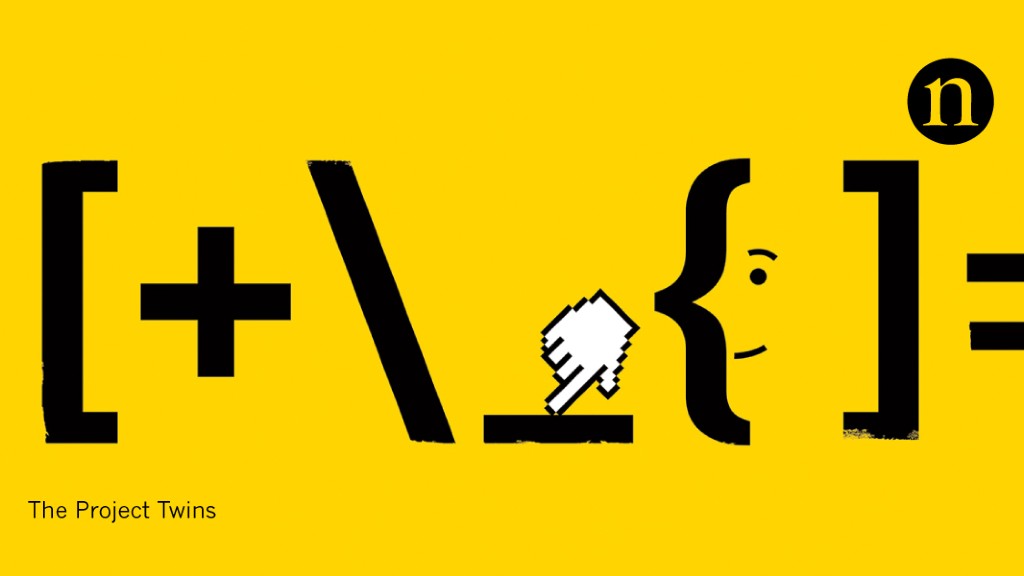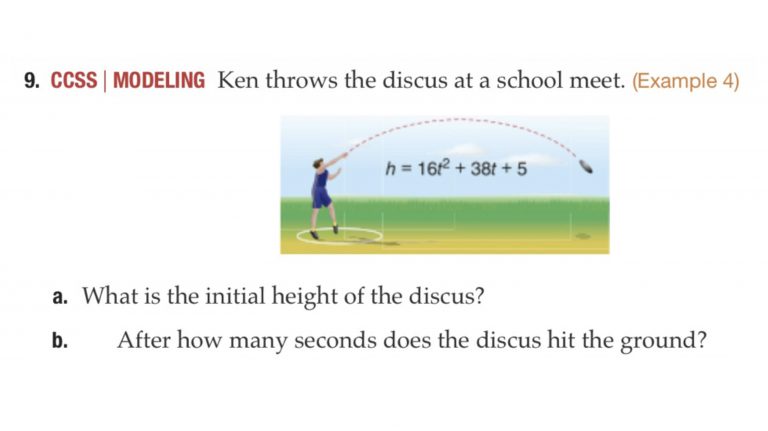

"How hard could it be? Just use the high-speed camera on your smartphone-boom. In this super short time interval, it's pretty much impossible to see if it's increasing in speed or just falling really fast. It falls so fast that it takes less than 1 second to hit the ground. How do you look at the motion of a falling object? Does it fall at a constant speed or does it increase in speed? If you take a pencil at arms length and let go, the pencil does indeed fall. OK, it should be clear that experiments are difficult. Instead, he set up an experiment to obtain results and then build an idea from there. Galileo didn't start with some assumed truth and then deduce the details. But he also did some experiments with forces and motion. Yes, that same Galileo guy who used a telescope to support the idea that the Earth orbits the Sun rather than the other way around.

Now let's skip forward in time from Aristotle to Galileo. If you want to complain, I'm fine with that. I'm not an expert on the teachings of Aristotle, I just have some generic comments. Of course I should start off by noting that I've never met Aristotle in person. Even today many people naturally tend to think of forces and motion in the same way as Aristotle, because they seem to make sense. In fact, his ideas about physics survived for an extremely long period-even though they were essentially wrong. Aristotle's ideas had a major impact on the philosophers and early scientists in the Renaissance era. I suspect that we attribute these first physics discussions to Aristotle because some of his ideas survived with his successors and was passed down all the way to modern times. It seems plausible that there were some other humans sitting around, drinking their fermented barley, and talking about why stuff happens. But beer and wine were first created thousands of years before that. Aristotle and his friends were having discussions about physics in the 350 BC time frame.

Surely the Greeks weren't the first to ponder the nature of the universe.


 0 kommentar(er)
0 kommentar(er)
